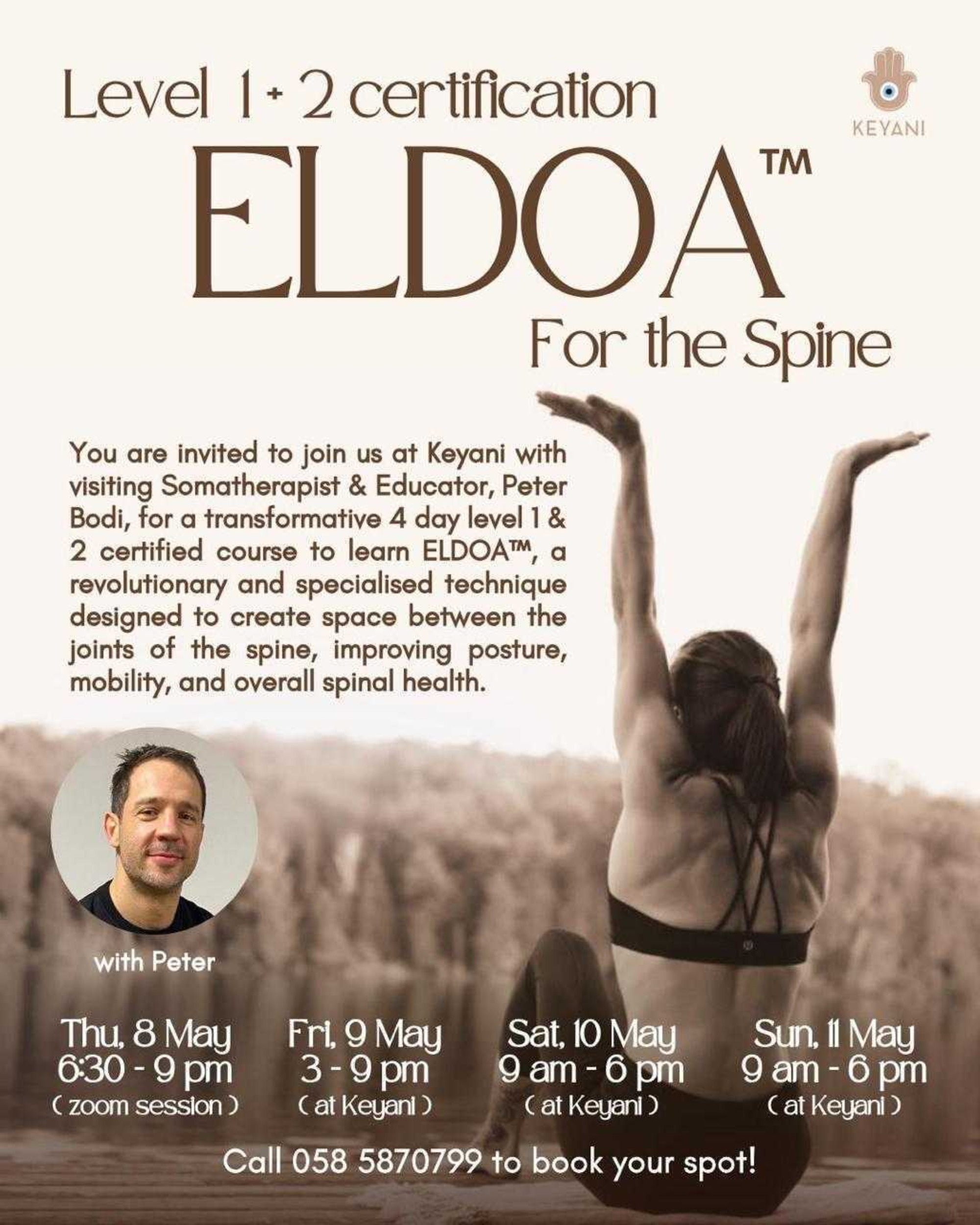Table of Contents
What is hypnotherapy?
It’s a health intervention resource based on suggestions to ‘hack the mind’ and improve people’s lives. For this, various techniques are used with which we the hypnotherapists seek first to generate rapport. This lets us relax you and induce you into a ‘hypnotic state’, in which you’re more suggestible. These suggestions may ease changes in your perceptions, memory, and/or voluntary actions.
Does hypnosis really work?
Main applications of hypnosis
- Smoking cessation
- Obesity and weight loss
- Insomnia
- Asthma and allergies
- Cancer
- Gastrointestinal disorders
- Enuresis
- Energy healing and balancing
- Transformational Holistic Breathing
- Trauma Therapy
- Addiction Therapy
- Emotional Freedom Technique
The Hypnotic Experience: Planting a Seed
To picture the hypnotic process easily and clearly, you can compare it to planting a seed.
You come to the hypnotherapy session with the need for a change for the better in your life. Just as if you owned a fertile soil that you want to beautify or bring into production.
So, hypnosis is the work of preparing the soil (the mind) to plant a seed (idea, behavior pattern) in it, so it can grow and help you thrive (heal and improve lifestyle).
This process consists of the following phases.
First stage: Induction
To do this, the hypnotherapist first generates the rapport (empathy). This is the trust needed from you to get opened to the hypnotic intervention. You start in a normal aware state, while being gradually taken to the next stage.
Second stage: Deepening
This is a process of physical relaxation and stimulation of augmented receptivity, in which you’re prepared to reach an optimal level of suggestibility.
Third stage: Suggestion (Hypnotic state)
Already at this stage, you’re ready for the introduction of verbal suggestions. Yet, unlike the common belief, in this state you’re still conscious and able to decide whether to accept these suggestions or not. The difference is that, if you accept them, it will be easier to apply such changes in your life.
During this period, I will repeat the affirmations and instructions several times. Such sentences are concise and have a commanding tone. They’ll focus on inciting the desired change or exploring triggers of undesired behaviors.
Stage Four: Emergence
Once the ‘seed’ has been ‘planted’, it is time to bring you back to a ‘normal’ state of consciousness. Here I close or seal the hypnotic process also reminding you to follow the suggestions given during the hypnosis.
Hypnosis & Hypnotherapy: Dispelling 10 Big Myths
There are many myths about hypnosis, mainly questioning its efficacy, safety, and ethics. The main lies and misunderstandings about this therapeutic resource are the following.
Myth #1: Hypnosis is like falling asleep
Hypnotic trance is a state of consciousness during which you’re very relaxed, but still aware and able to respond to commands.
Myth #2: It’s a placebo!
Unique brain activity has been recorded during hypnotic sessions. They evidence both their efficacy and the existence of very particular responses which differ from a ‘placebo’ response.
Myth #3: The hypnotherapist can take control over you and easily suggest mean things
During the hypnotic trance you’re aware of what you’re hearing. It’s not a zombie or dumb state and you still have the will to not follow such suggestions.
Still, there may be a risk of producing confabulations (to confuse memories) if the hypnotist has (bad) intentions or a poor training.
Myth #4: hypnosis is like guided meditation
No, as a guided meditation promotes changes but in an open and more indirect way. It invites you to find within the answers and choices to be taken. On the other hand, hypnosis is more commanding. Specific instructions are given, using the relaxing state as a means to induce specific changes.
Myth #5: Responses are fake
As said above, when properly done, hypnosis produces specific response patterns, which are way different to those of a faked performance.
Myth #6: Self-hypnosis is a scam!
No. It still works, but it may not be as effective as a hypnosis guided live by a hypnotherapist.
Myth #7: Resistance to the hypnotherapist may arise, making it less effective
Yes, it may happen, but that’s why hypnotists are trained to assure a strong rapport. They also integrate hypnosis with other therapies to not overuse it.
Myth #8: Hypnotherapists are not professionals.
There are academic studies on hypnotherapy, and many of those who apply it are either psychologists or health professionals.
Myth #9: Hypnosis provides fast and long term results
Maybe. Even so, it’s always suggested to use an integrative approach and take responsibility for the change you want in your life. Hypnosis isn’t an instant solve-it-all magic trick. This warning applies especially for clients looking for it to address problems like losing weight or addictions.
Myth #10: Smart people can’t be hypnotized
Everyone can be hypnotized. There are some people more prone to fall into such a state than others, but intellect is not the determining factor.
Can I be hypnotized?
As I said above, everyone can be hypnotized. It depends on several factors that will make you more or less prone to it. Still, hypnosis isn’t something to be afraid of, as you’re still conscious during the process.
If you want to know how hypnotisable you are, don’t hesitate to ask for your free hypnosis test, by introducing your email below.
Conclusion
It’s an important habit for life to go beyond rumors and speculations to not judge a book by its cover. Hypnotherapy is one of those misunderstood practices that deserve their place and respect in the wellness niche. And also probably in your life, as everyone wants tools to hack their mind in favor of positive changes. For such purposes, you can count on David Abou, our professional hypnotist at Keyani.
Did this post solve your doubts? Or do you have any more questions or myths left you would like to clarify? If you do, don’t hesitate to leave a comment and share your opinions below!
Book a Hypnotherapy Session at Keyani
About the Author
Dr. David Abou Khalil is the CEO and creator of Upchanging Lives LLC, and has a rich and wide background that comprehends different specialties, besides from being a personal counselor and expert dowser and healer. He is also an international trainer, spiritual coach, corporate consultant, author, senior therapist and educator.
He is driven by the belief that each one of us has the potential to achieve greatness and unlimited abilities merging the traditional therapies with evidence based practices and combining the ancient techniques with the latest tools in research. He has literally changed the life of thousands of people around the globe teaching them as well through his innovative workshops (Transpersonal Energy medicine, the Transformational Holistic breathing THB®️, Trauma therapy, Advanced meditation therapy, Psychosomatic therapy and IN.VEST ™️ self mastery curriculum) different ways to rewire their brains, acquire higher states of consciousness and recondition their bodies to make lasting changes.
Dr. David’s passion can be found at the intersection of the latest findings from the fields of Chinese medicine, holistic medicine, neuropsychology, pain management, mind-body medicine and psychosomatic medicine.
He uses that knowledge to help people heal themselves of illnesses, chronic conditions and to let them evolve their consciousness and enjoy a fulfilled life.


















